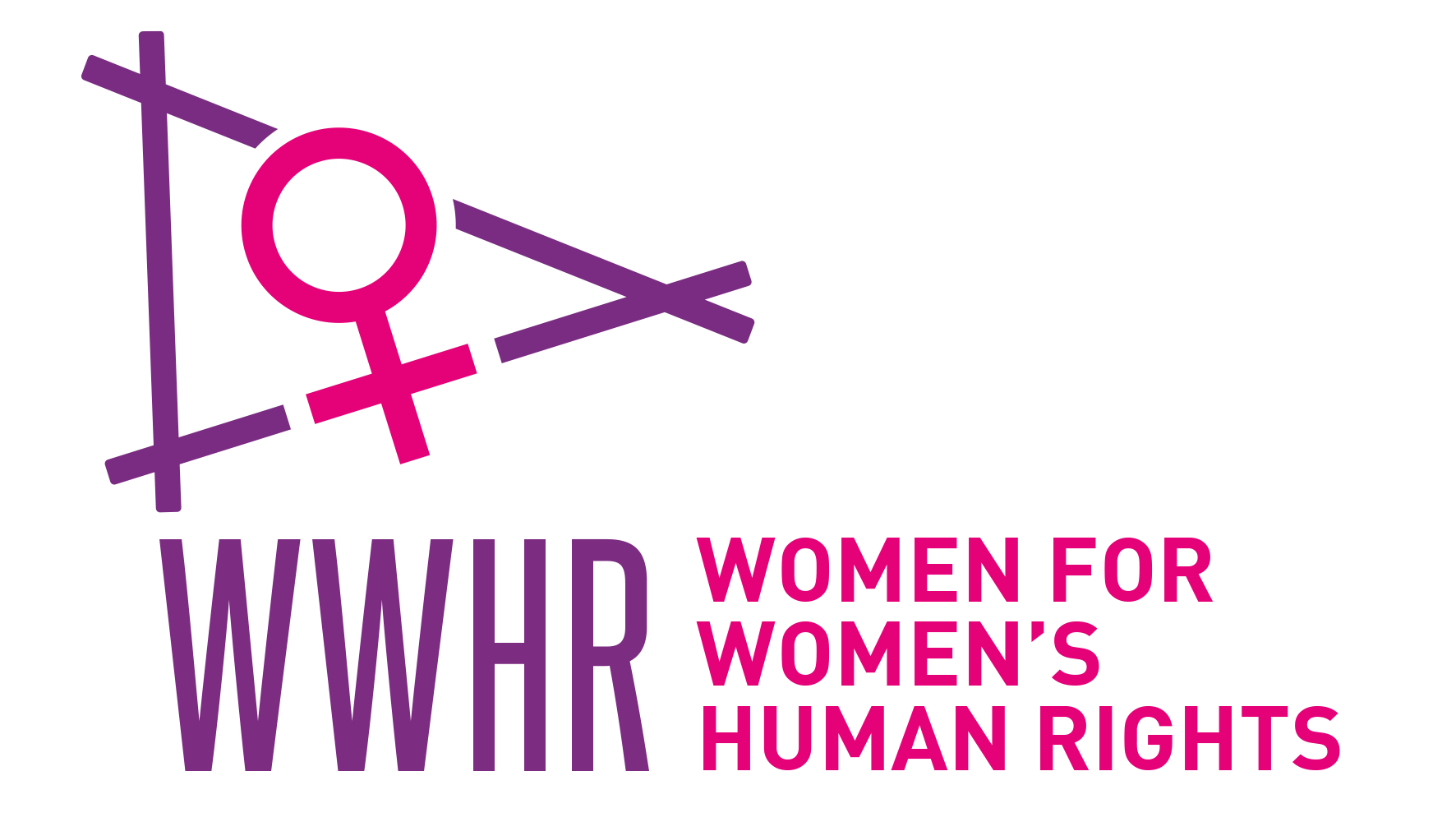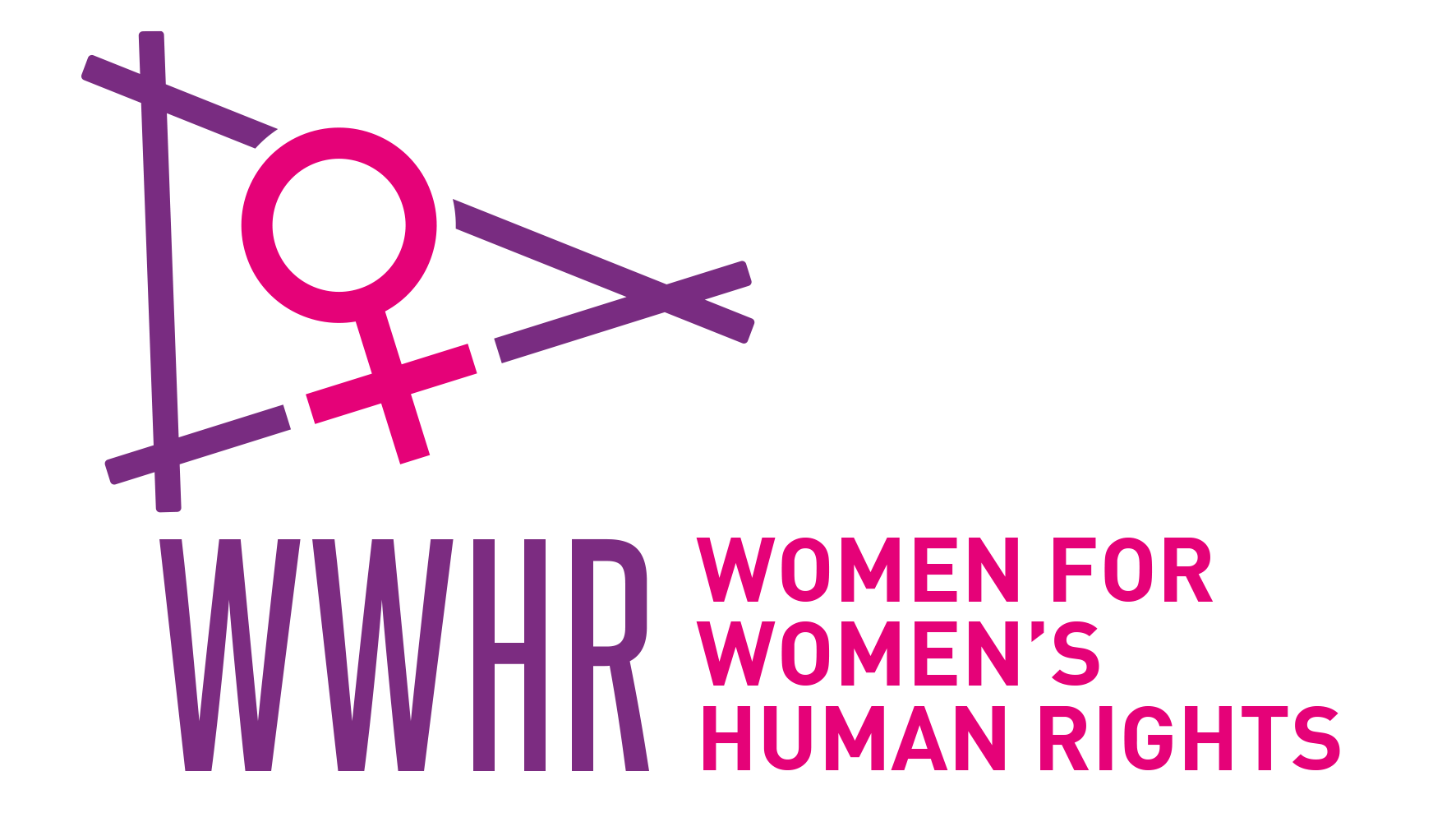Migration, Women’s Economic Status, Mobility and Power Dynamics in the Family (1998, Turkish)
One of the subjects taken up in the field study we conducted on the “Women’s Condition in Turkey” as Women for Women’s Human Rightswas women’s economic status and how this was related to migration and domestic power dynamics. As is known, women’s participation in the labor force across Turkey, which stood at 70 per cent in the 1950s, steadily declined to around 30 per cent in the 1990s. Internal migration – mostly rural-to-urban migration – is cited as one of the most important causes of this decline. According to this line of reasoning, women who worked as unpaid workers in family enterprises in the countryside have, after arriving in big cities, become ‘housewives’ rather than participating in the urban labor market. This study attempts to better understand this change in women’s economic status through field data regarding women’s attitudes toward regular employment, their reasons for not working, mobility outside the home, participation in decision-making processes in their families, as well as the demographic and immigrant profiles of both the women themselves and their families.
İpek İlkkaracan
Istanbul, 1998



